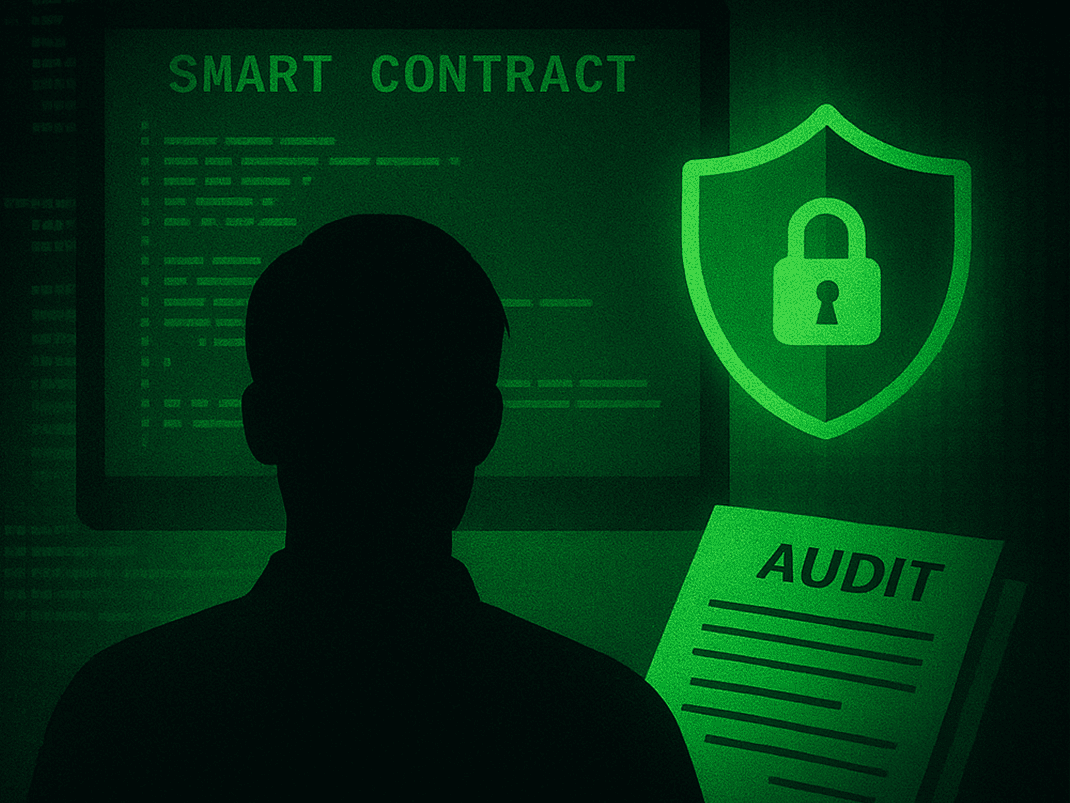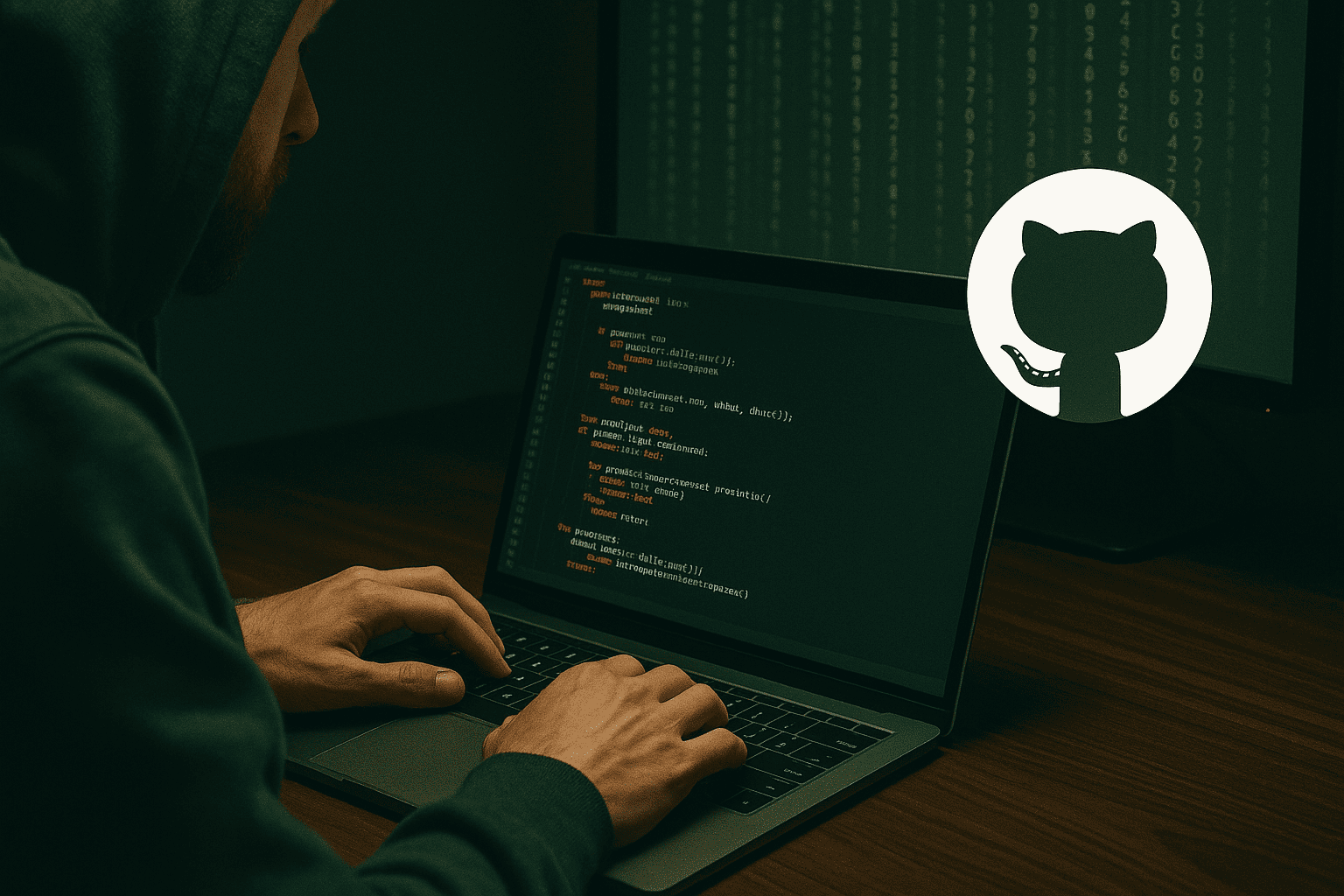Why Crypto Projects Need Professional Security Audits

Elena Rodriguez
Chief Security Officer
Introduction
In the rapidly evolving Web3 ecosystem, security audits have transitioned from a nice-to-have to an absolute necessity. With over $4 billion lost to hacks and exploits in 2024 alone, the stakes for crypto projects have never been higher. This article explores why professional security audits are critical for project success and investor protection.
Beyond Bug Bounties: The Value of Professional Audits
While bug bounty programs have their place in a security strategy, they cannot replace comprehensive professional audits. Professional auditors bring specialized expertise, systematic methodology, and a holistic view that individual bug hunters typically cannot match.
Professional audits provide:
- Systematic coverage of the entire codebase
- Economic attack vector analysis
- Specialized knowledge of blockchain-specific vulnerabilities
- Standardized reporting and severity classifications
The True Cost of Security Breaches
The financial impact of a security breach extends far beyond the immediate loss of funds:
Reputation Damage
In a space built on trust, security incidents can irreparably damage a project's reputation. The March 2025 exploit of a prominent DeFi protocol resulted in a 75% drop in total value locked (TVL) even after the stolen funds were recovered.
Regulatory Scrutiny
Security incidents increasingly attract regulatory attention. Projects that fail to implement adequate security measures may face legal consequences, especially if user funds are lost.
Recovery Costs
The cost of incident response, technical recovery, legal consultations, and compensation to affected users often exceeds what would have been spent on preventative security measures.
What to Look for in a Security Audit
Not all security audits are created equal. Effective audits should include:
Smart Contract Auditing
Thorough code review, vulnerability assessment, and testing of smart contracts to identify potential exploits before deployment.
Economic Model Analysis
Evaluation of the protocol's economic mechanisms to identify potential attack vectors and unintended consequences.
GitHub Repository Audit
Review of the entire codebase, including dependencies, configuration files, and deployment scripts to identify security risks beyond the core contracts.
Social Engineering Assessment
Evaluation of potential social engineering vectors, including team security practices and community management.
Case Study: The Cost of Skipping an Audit
In February 2025, a new DeFi protocol launched without a comprehensive audit, citing time and budget constraints. Within three weeks, an attacker exploited a vulnerability in their staking mechanism, draining $14 million in user funds. The project had to shut down, and team members faced legal action from affected users.
The cost of a professional audit would have been less than 1% of the funds lost.
Audit as a Competitive Advantage
Beyond risk mitigation, security audits provide a competitive advantage:
- Investor confidence: Institutional investors increasingly require audit reports before committing funds
- User trust: Security-conscious users prefer audited protocols
- Partnership opportunities: Other protocols are more likely to integrate with audited projects
Conclusion
In the high-stakes world of crypto and Web3, professional security audits are not an optional expense but a fundamental requirement for responsible project development. The question is not whether you can afford an audit, but whether you can afford the consequences of skipping one.
At YUSHI, we provide comprehensive security auditing services tailored to the unique needs of Web3 projects, helping to build a more secure and trustworthy ecosystem for all participants.


